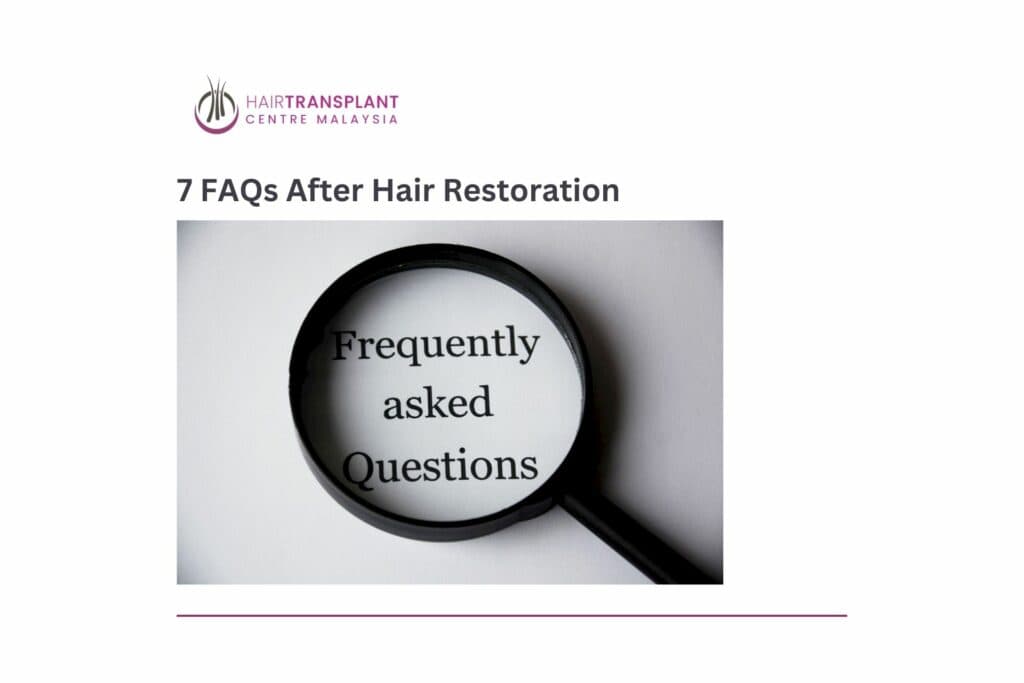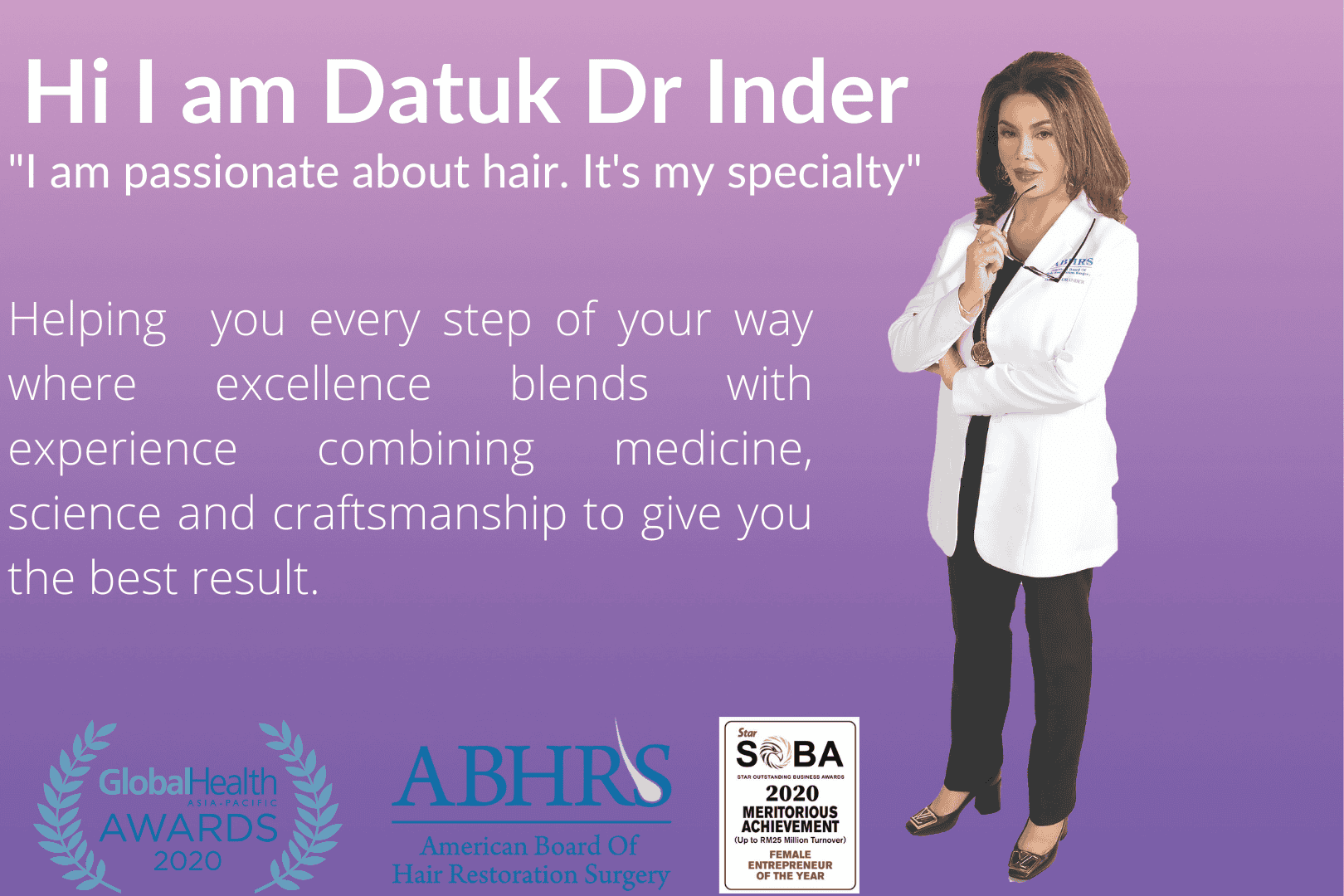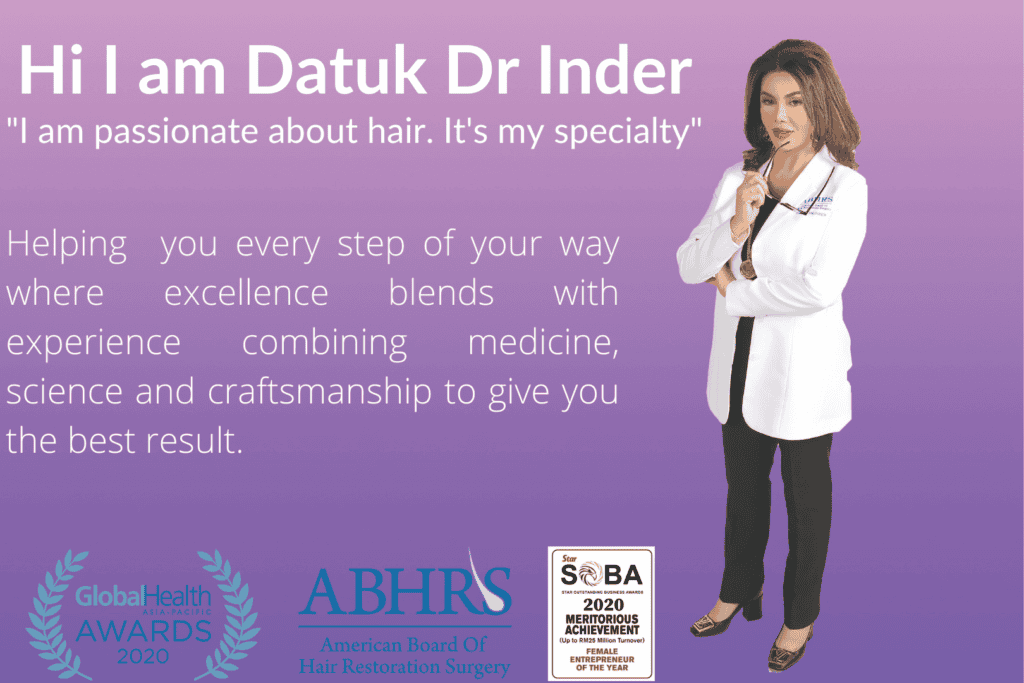7 FAQs After Hair Restoration
An estimated 35 million men in the United States are affected by hair loss. Regardless of whether hair is just starting to fall out or it is has been gone for a while, hair loss can take a negative toll on a person’s lifestyle and confidence. Most people do not notice thinning of hair until 50% or greater loss occurs in any one area. This may vary with different hair characteristics. Fortunately, there are multiple options available to both stop hair loss and replace the hair that has already fallen out. Below is a listing of Frequently Asked Questions we’ve compiled to help better educate you on post-procedure care.
Let us call you

1. How long should I wait between hair restoration procedures?
If a second surgery in the same area is required, we generally schedule it 10 to 12 months after the first. At eight to 12 months, hair length is adequate to see the effects of styling. This allows the patient and Dr. Harris to collaborate regarding further distribution of grafts.
2. Does this procedure require me to take time off from work?
Little or no time off from work is required, and some individuals return the next day if wearing a hat is possible. If you are sensitive about how you will look during the days immediately following, you can wear a hat or scarf. You may also do what many of our patients do and begin the process just before a weekend, allowing for a few extra days of healing. One exception: if your work requires heavy or strenuous activity, a week away from work may be required.
3. What do I need to avoid in the next few days?
The following days are very important for the growth and survival of the follicles.
- For the next 4-5 days sleep on your side depending on where the new follicles are placed. They should not be in touch with the pillow. You may use a travel pillow to help.
- You can’t dye your hair within four weeks of your hair restoration. If you feel like you can’t make it four weeks without dying your hair, get it done shortly before your treatment.
- Unfortunately, it’s not enough to avoid strenuous exercise for the first week after hair transplantation. Avoid any other activity that can cause you to sweat heavily, such as unwinding in a sauna.
- Avoid sun or rain exposure. We recommend starting using a hat after 4 days.
- Avoid swimming for a week and underwater swimming for ten days.
- Avoid heavy weight lifting during the first seven days. (Also intense workout or any kind of exercise)
- Do not use a helmet for two weeks.
- Avoid usage of chemical products on your hair, like lack, gel, Toppik, etc. for 1 month.
- Avoid or minimize smoking for 3 days and do not consume alcohol whilst you are taking antibiotics (if any).
- Avoid too much salt and sugar consumption whilst taking anti-inflammatory medication.
- Avoid aspirin for the next three days.
4. How do I wash my head right?
You can always visit your nearest hair restoration clinic and ask qualified personnel to wash your hair. Nevertheless below you can find some analytical information on the way to wash your head the following days.
- The day of your session: Do not wash your head. Just spray with natural saline solution provided every half an hour except whilst sleeping.
- For the following 6 days: Continue washing the head twice a day and apply a little more pressure to clean the scabs and aid a in rapid healing process.
- After 10 days you should be back to normal pressure when washing the recipient area to remove any residual scabbing and to keep the scalp clean. If you notice some transplanted hairs falling out with crust at the top and a bulb at the bottom (the bulb is not the follicle), this is normal and is part of the shedding phase. From now on you can wash your hair once a day for the following two months. In case you experience itching we do advise to wash the hair twice a day.
5. What to do in case I feel itchiness?
Itching is a very common feeling after a hair transplant. It may occur all over the scalp 7-14 days after the operation. The itchiness in most cases indicates that the tissue is recovering. In cases when it becomes very strong, an antihistamine pill can be used.
6. What to do in case I feel numb?
Do not worry if you feel numb. It is a common symptom due to the development of peripheral skin nerves. It will last for a few days or weeks in most cases and you don’t need to take any medication.
7. What to do in case of intense pain after hair restoration?
If you feel intense pain (especially at the donor area), please contact the clinic / doctor. You may need to take anti-inflammatory medication.


